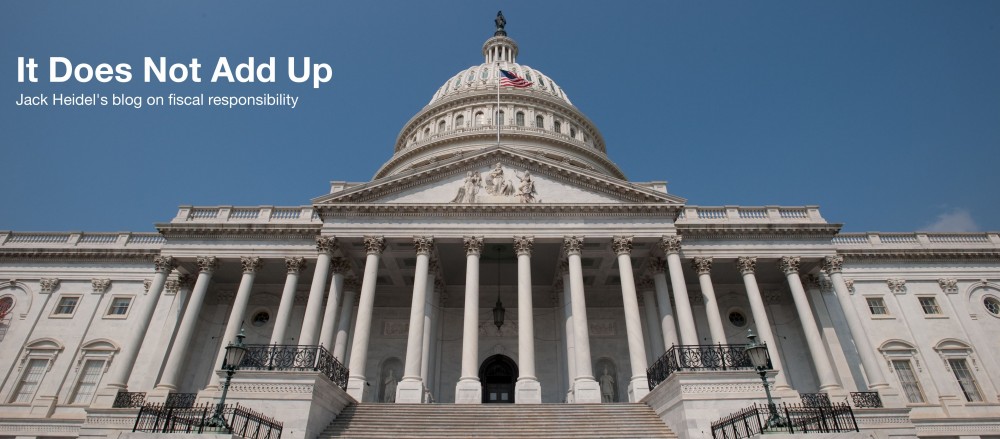Experts across the political spectrum agree that the U.S. tax code is a huge mess and needs to be reformed as well as simplified. It is also generally accepted that lower tax rates will lead to faster economic growth.
As Congress turns its attention to tax reform, Senate Democrats have stated the basic principles which they would like to see included in any changes which are made:
- Increase the wages of working families. This could be accomplished by lowering tax rates for all individuals across the board, paid for by eliminating (or at least shrinking) many of the personal deductions in the tax code. The approximately two thirds of all taxpayers who do not itemize deductions would then receive a tax cut, equivalent to a wage increase.
- Promote domestic investment and improve middle class job growth. Lower tax rates will give businesses and entrepreneurs a bigger incentive to invest in business expansion and therefore grow the economy faster and create more new jobs.
- Modernize our outdated business and international tax system. Our corporate tax rate at 35% is the highest in the developed world and, at the same time, produces below average revenue (see chart). Another reform would be to adopt business expensing (immediate tax write-off for new investment). Again, all such changes should be paid for by eliminating loopholes and shrinking deductions.
- Any rewrite of the tax code must be deficit neutral. As important and valuable as tax reform is, it has to take into account our country’s most fundamental problem: our huge and rapidly growing national debt and therefore end up being deficit neutral overall.
Conclusion. The above principles, stated by the Senate Democrats, represent a sound approach to reforming the U.S. tax system. I hope that the Republicans are willing to recognize the validity of these proposals and include the Democrats in developing a bipartisan tax reform plan.

